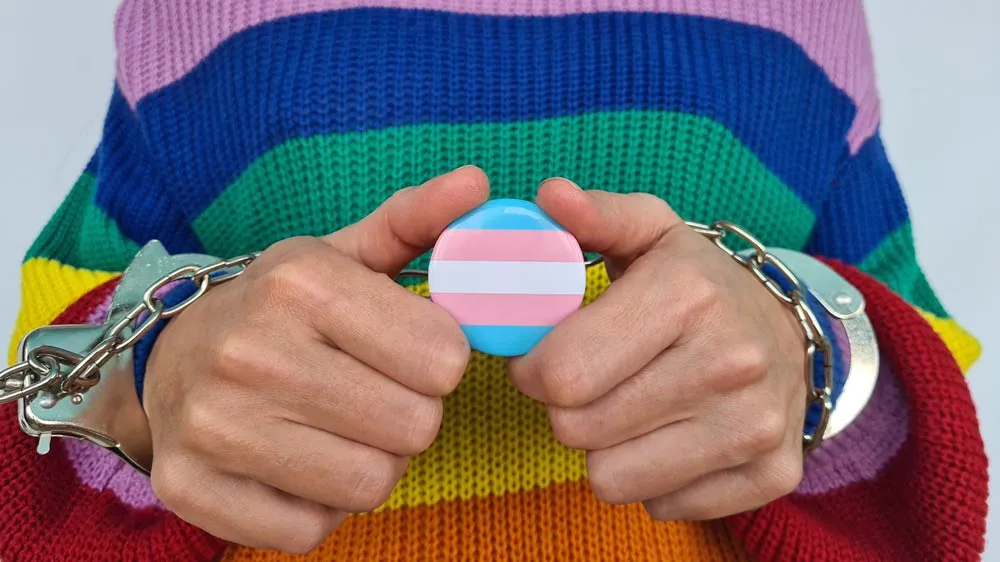March 10, 2011
Malden, Mass. Man Charged in Husband's Stabbing Death
Kilian Melloy READ TIME: 3 MIN.
A Malden, Massachusetts man has turned himself over to authorities in the wake of the stabbing death of his husband. Authorities say that the killing was the result of domestic violence, according to a March 9 Associated Press story.
Michael Losee surrendered to authorities on March 9. Police had discovered the body Losee's husband, Brian Bergeron, 51, at the couple's home after a family friend called in a tip about Bergeron's killing. The article said that the friend, who lives in Florida, had received a phone call from Losee in which Losee admitted to having killed Bergeron.
The incident followed in the wake of several other high-profile instances of intimate partner violence (IPV) in Massachusetts. Last August, 54-year-old Eunice Field of Brockton turned herself in to police, saying that she had killed another woman, 62-year-old Lorraine Wachsman, because of Wachsman's relationship with Feld's former girlfriend.
And just over a year ago, a jury convicted a woman of setting a blaze in South Boston that resulted in the deaths of her girlfriend's tow young children.
IPV is generally though of in terms of heterosexual relationships, but domestic violence rates in gay and lesbian relationships are comparable to those among straight couples, an Aug. 3, 2009 EDGE article reported. With gay couples, however, the abusive partner sometimes has additional pressure points to use against his or her victim; the perpetrator can threaten to out the victimized partner, or seek to control the victim's medication use.
Abusive behavior is not always violently physical. It can also take the form of possessive and controlling behavior, destruction of a partner's property, verbal harassment, or seeking to deny a partner's access to family and friends.
A report from the National Coalition of Anti-Violence Programs last year said that IPV rates had increased in 2009 as compared to the previous year, with reported instances of domestic violence rising by 15%. Economic pressure was cited as one factor in the rising rates. At the same time, organizations dedicated to countering IPV or offering victimized partners support and even escape from abusive relationships were losing funds critical to their operations, an Oct. 27, 2010 EDGE article reported.
One Boston organization had managed to avoid layoffs up to that point.
"We have not lost any staff because we do a lot of creative fundraising and juggling of funds," Network/LaRed head Beth Leventhal told EDGE at the time. "We have a long history of doing a lot of work on very little money." Among the challenges were cutbacks from the Massachusetts state government, which translated to a loss of $60,000 for the group.
"That's a significant amount of money for an agency with a small budget--about $400,000--so we are turning to the community for support to the extent that people can dig into their own pockets," said Leventhal. "It's not an easy time."
Leventhal added that although reported rates of IPV were also rising within the LGBT community, she did not think that was an indication that violence directed at intimate partners was necessarily on the increase. Rather, Leventhal attributed higher numbers of reports to greater awareness of IPV and the fact that help is available.
"It's becoming more understood by more people," Leventhal told EDGE. "There's an increase in reporting and awareness that partner abuse is a problem for us as well as the straight community."
Kilian Melloy serves as EDGE Media Network's Associate Arts Editor and Staff Contributor. His professional memberships include the National Lesbian & Gay Journalists Association, the Boston Online Film Critics Association, The Gay and Lesbian Entertainment Critics Association, and the Boston Theater Critics Association's Elliot Norton Awards Committee.






